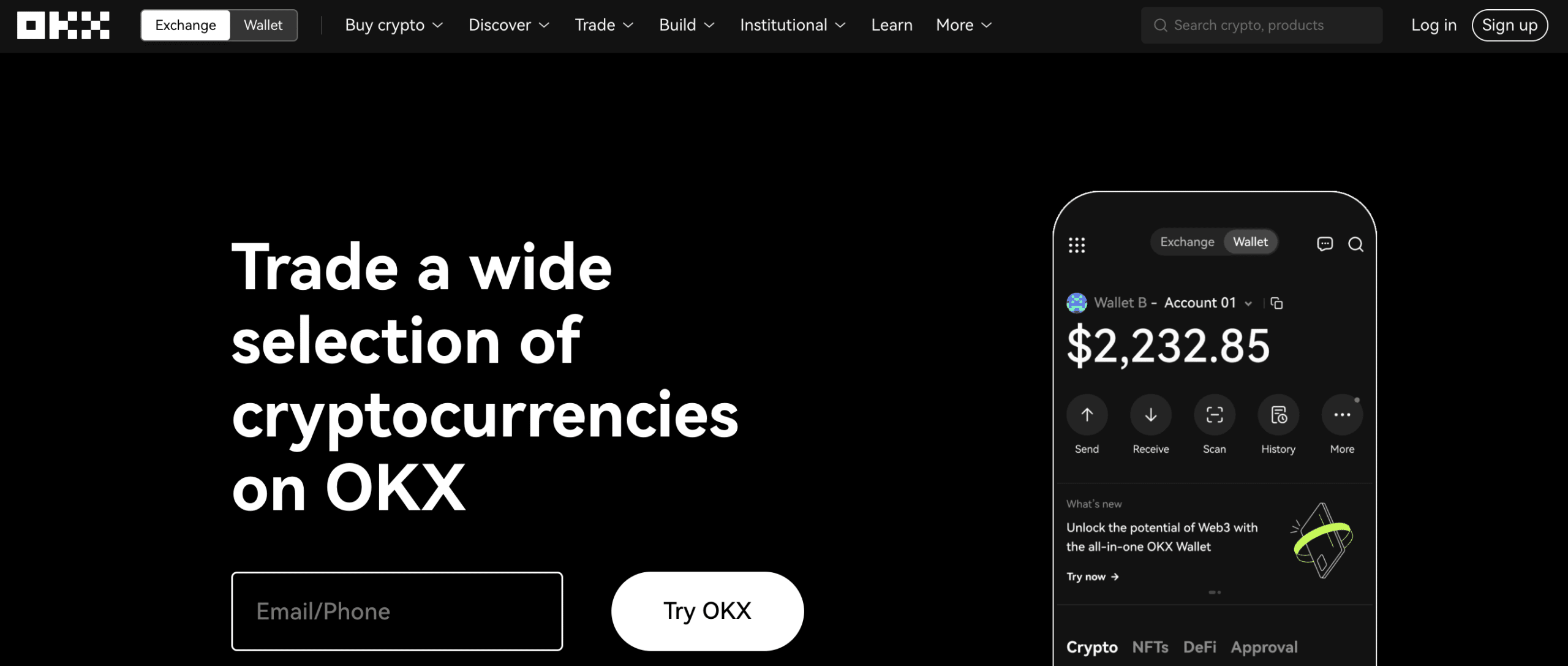You are here:乱琼碎玉网 > trade
Bitcoin Mining Legal: Navigating the Legal Landscape of Cryptocurrency Mining
乱琼碎玉网2024-09-22 07:28:49【trade】9people have watched
Introductioncrypto,coin,price,block,usd,today trading view,Bitcoin, the first and most well-known cryptocurrency, has revolutionized the financial world since airdrop,dex,cex,markets,trade value chart,buy,Bitcoin, the first and most well-known cryptocurrency, has revolutionized the financial world since
Bitcoin, the first and most well-known cryptocurrency, has revolutionized the financial world since its inception in 2009. As the demand for Bitcoin and other cryptocurrencies continues to rise, so does the popularity of Bitcoin mining. However, Bitcoin mining is not without its legal complexities. This article aims to explore the legal landscape of Bitcoin mining and provide guidance on navigating the legal challenges associated with it.
What is Bitcoin Mining?
Bitcoin mining is the process by which new bitcoins are entered into circulation and is also a critical component of the maintenance and development of the blockchain ledger. Miners use powerful computers to solve complex mathematical problems, and when they find a solution, they are rewarded with bitcoins. This process ensures the security and integrity of the blockchain network.
The Legal Status of Bitcoin Mining
The legal status of Bitcoin mining varies from country to country. While some countries have embraced Bitcoin and its underlying technology, others have imposed restrictions or outright bans on mining activities. Here's a brief overview of the legal status of Bitcoin mining in different regions:
1. United States: In the U.S., Bitcoin mining is legal, but it is subject to various regulations. Miners must comply with tax laws, anti-money laundering (AML) regulations, and know your customer (KYC) requirements. Additionally, some states have specific regulations regarding the use of electricity for mining purposes.
2. China: China was once the leading country in Bitcoin mining, accounting for about 70% of the global hash rate. However, in 2021, the Chinese government banned Bitcoin mining, citing environmental concerns and the need to reduce reliance on coal. This decision has significantly impacted the global mining landscape.
3. Europe: In Europe, Bitcoin mining is generally legal, but individual countries may have specific regulations. For example, Germany recognizes Bitcoin as a "unit of account," while France has imposed a 30% tax on mining profits.

4. India: India has been cautious about cryptocurrencies, and Bitcoin mining is currently illegal in the country. However, there have been discussions about legalizing mining, and the government is expected to take a decision soon.
Legal Challenges in Bitcoin Mining
Despite the legal complexities, Bitcoin mining presents several legal challenges:
1. Energy Consumption: The energy consumption of Bitcoin mining has raised concerns about its environmental impact. Miners must comply with local regulations regarding energy usage and may face penalties for excessive consumption.
2. Taxation: Miners must pay taxes on their earnings, which can be a complex process, especially for those who operate internationally. Failure to comply with tax laws can result in penalties and legal action.
3. AML and KYC Compliance: Miners must adhere to AML and KYC regulations to prevent the use of cryptocurrencies for illegal activities. This requires maintaining detailed records and implementing robust anti-money laundering measures.
4. Intellectual Property: Miners must ensure that they have the necessary licenses and permissions to use the software and hardware required for mining.
Conclusion
Bitcoin mining is a legally complex activity that requires careful consideration of various factors. As the popularity of cryptocurrencies continues to grow, it is crucial for miners to stay informed about the legal landscape in their respective regions and comply with applicable regulations. By doing so, they can contribute to the growth of the cryptocurrency ecosystem while avoiding legal pitfalls.
This article address:https://m.norfinoffshoreshipyard.com/blog/85c26899646.html
Like!(5)
Related Posts
- Can I Buy Dogecoin on Binance.US?
- How Many Coins Does Binance Have?
- Will Bitcoin Price Go Up Tomorrow?
- Wall Street Pushing Down Bitcoin Prices: The Impact of Traditional Finance on Cryptocurrency Markets
- Understanding Bitcoin Wallets: The Ultimate Guide to Securely Managing Your Cryptocurrency
- How to Do Copy Trading in Binance: A Comprehensive Guide
- Leverage Trade on Binance: A Comprehensive Guide for Beginners
- Bitcoin Price 201R: A Look Back at the Evolution of Cryptocurrency
- Can Bitcoin Exist Without Miners?
- The Price of Bitcoin in South Korea: A Comprehensive Analysis
Popular
Recent

Bitcoin Cash Value at Inception Date: A Look Back at Its Initial Price and Its Evolution

Best Third-Party for Bitcoin Mining: Unveiling the Ultimate Choice

What Has Been Bitcoin's Highest Price: A Journey Through the Cryptocurrency's Price Volatility

Bitcoin Gold Wallet Not Working: Troubleshooting and Solutions

What Was the Lowest Price of Bitcoin Ever?

Can U Stake Bitcoin? Exploring the World of Bitcoin Staking

Leverage Trade on Binance: A Comprehensive Guide for Beginners

Bitcoin Price Chart January 2018: A Look Back at the Cryptocurrency's Volatile Journey
links
- Can I Use a Credit Card on a Bitcoin Machine?
- How Much Can You Earn from Mining Bitcoins?
- Konsep Mining Bitcoin: The Revolutionary Process of Digital Currency Creation
- How to Transfer Coin from Binance to Another Binance Wallet
- Did Graphic Card Prices Drop with Bitcoin?
- Title: Enhancing Your Bitcoin and Ethereum Mining Experience with Synology NAS Devices
- Title: Enhancing Your Bitcoin and Ethereum Mining Experience with Synology NAS Devices
- How to Stop Bitcoin Mining on My Computer
- How Do I Move Crypto from Binance to Trust Wallet?
- The Profitability of Bitcoin Mining in 2019: A Comprehensive Analysis